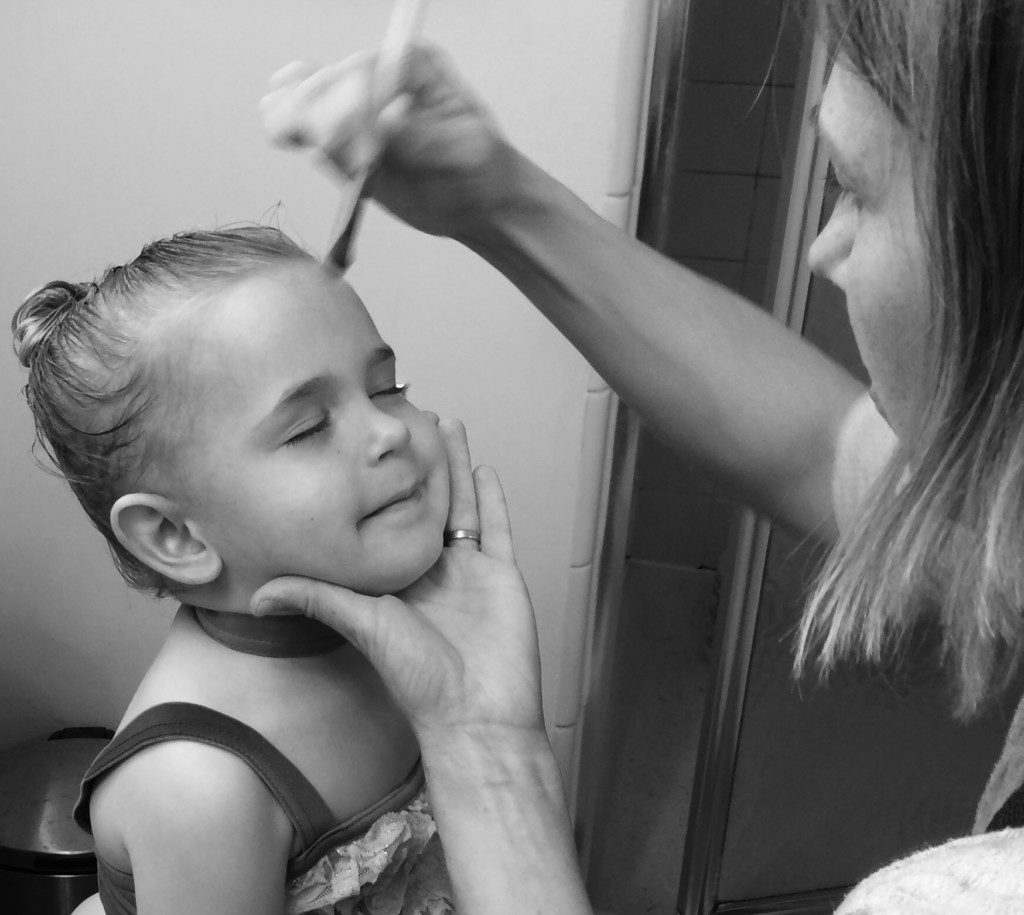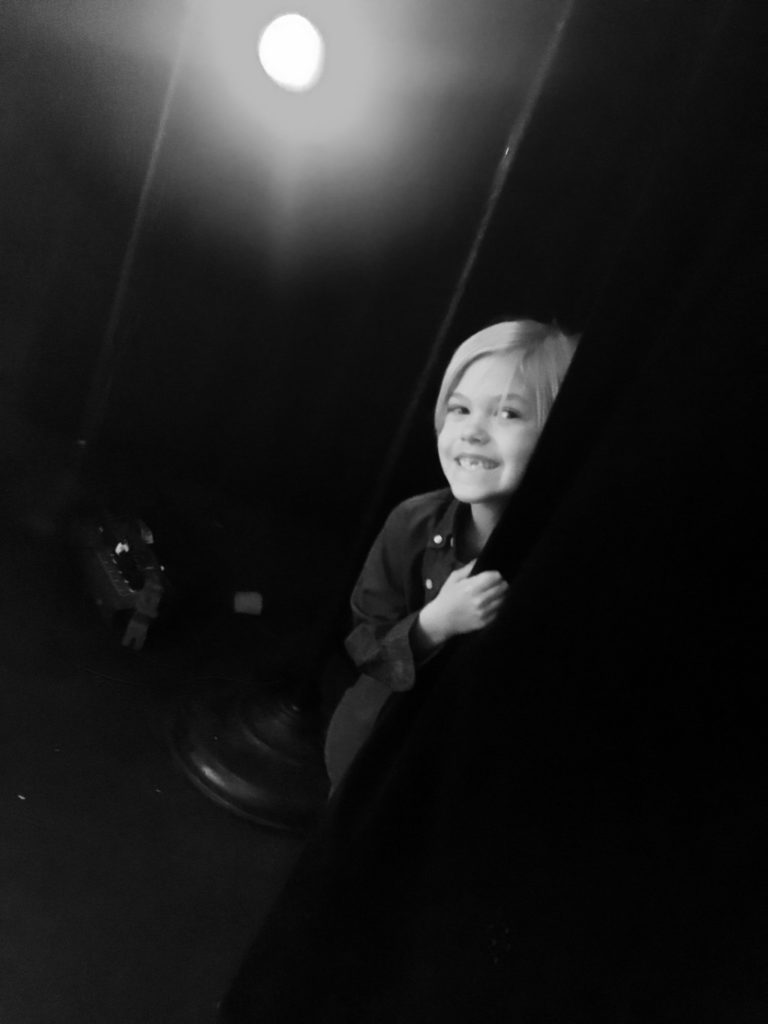Summer is often the time kids get to experiment and try out new activities. If you have an aspiring performer in your house you may be wondering where to start. Since I teach in the theatrical arena, I have had a number of people ask for advice and recommendations for programs for their kids. Before giving a list of programs, I thought I would share what to look for when selecting a program. I enlisted the help of some local theatre education friends to weigh in on what parents should look out for as well.
Seeing Is Believing
Before signing up for a program, make sure you see one of their productions with your child. Taking a look at their final production will give you a clear sense of the expectations for their performers and the quality of their productions. One program my kids perform with is part of a church service which is quite different from a stand-alone play or recital. Since we were familiar with the program, we knew exactly what to expect. Viewing shows can help your child get a sense of what they are working towards as well. It can also be a fun family experience to preview different programs. We seem to talk more about live shows we have seen together, than when we just go to the movies.
Words Out of Many Mouths
It is always helpful to talk to other parents who have already tried the program to see what they think. It is important to poll more than one representative too. The parent of a child that always gets the lead, may have a completely different opinion than the parent of a member of the chorus. Better yet, talk to a kid that has had both parts, so that you have a sense of how enjoyable the program is no matter the role. A great theatre program will ensure that children love the productions no matter the size of their part. Other parents can also give an honest assessment of the level of parent participation needed as well as additional expenses like costumes, tickets, programs and t-shirts, all of which have to be budgeted for at our house.
Safety And Organization
These two elements go hand in hand. You want to make sure that the instructors and organizers are properly vetted, that student teacher ratios are appropriate and that there are clear safety procedures in place. You want highly qualified instructors with background checks. The program should have outlined instructions for rehearsals, shows, and even the actual lessons. I would also say, trust your gut and that of your child’s, when selecting a program.
Theatre Life Lessons
Along with being aware of the program procedures, look for a theatre program that embraces the concept of community. Seeing the value of each cast and crew members’ contributions is one of the most impactful lessons we can get out of a theatre experience. It is important to find a program that shares this message and offers opportunities to learn all aspects of the theatre.
Maria Lograsso-Gaitens, an elementary educator with degrees in music education and vocal performance, has spent years directing children’s choirs, theatre productions and camps, (along with being a professional vocalist), has the following insights: “A good program is one that casts and involves students in a way that they are enjoying themselves, being challenged, and pushing them to be better actors, potentially musicians, and people. Try to avoid a place that ALWAYS casts the same kids and families, isn’t supportive and friendly in the audition process, and isn’t organized when it comes to rehearsals and shows.”
I love that her advice focuses on each child having a well-rounded experience. The super talented hambones should take turns as supporting players and the anxious child should be gently coaxed further out of their shell. Everyone should be growing in each production, no matter their role. We all need to remember that the goal isn’t to get the lead but to be a part of this unique team.
Checking in with Lauren Bickers, a professional actor, writer, improviser, and director, who is also an improv and theatre instructor for children and adults throughout Metro Detroit, she suggests finding a program based on your child’s needs or goals. She advises to “look for a program that matches your child’s interest and comfort level. Also, think about what you want them to get out of it. There are programs that result in a full blown production, which is an invaluable experience for a young actor. Improv is great for those new to performance, since most of the exercises involve group work. It not only focuses on performance skills, but also social skills. Students will gain confidence by learning how to share and build on each other’s ideas.”
This advice is particularly helpful when looking at my sons’ experiences. My oldest wanted to try a theatre program but realized that “shows” were anxiety producing. I had not anticipated that last minute changes to dance numbers or rehearsal transitions would be so stressful for him. We decided that just classes were a better fit for him. Our motives for finding theatre programs for his younger brother were totally different. Our ham sings and dances everywhere. He acts out characters from movies, tv, and his favorite books. Long rehearsals and extra practices, don’t bother him because he’s in his element in front of an audience.
A great theatre program is a team sport without being combative or punitive. It offers all of its students a space to learn and shine. It is important to find a program that can do that for your child. The life skills a theatre program imparts are invaluable. Finding an inclusive creative program may take time, but the upside is that you get so much theatrical exposure during the selection process.













